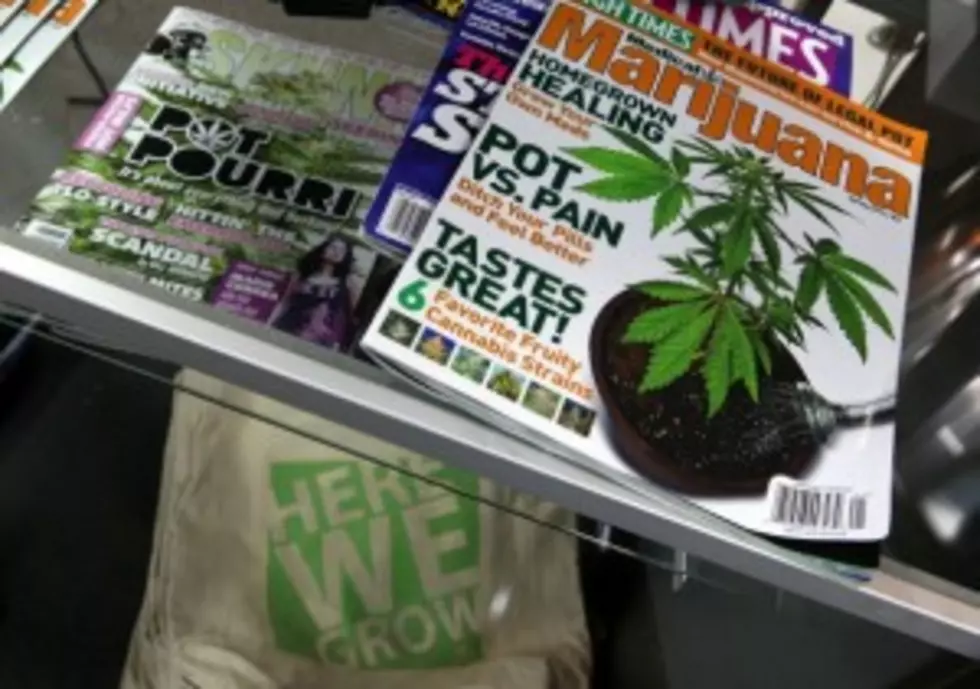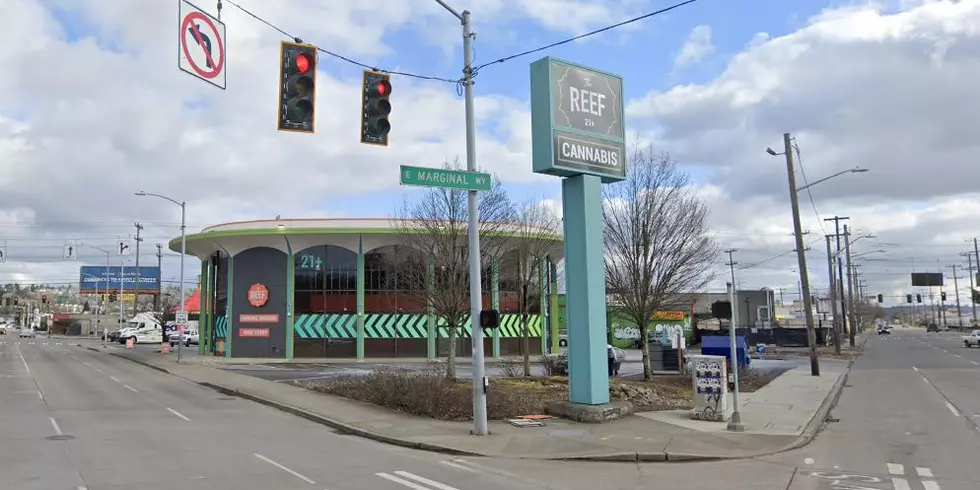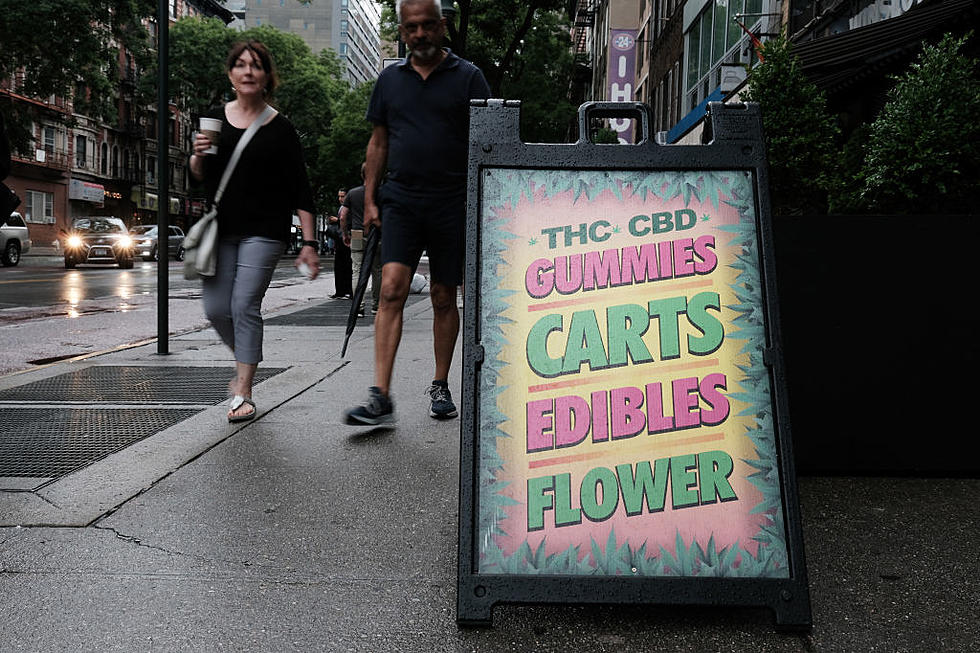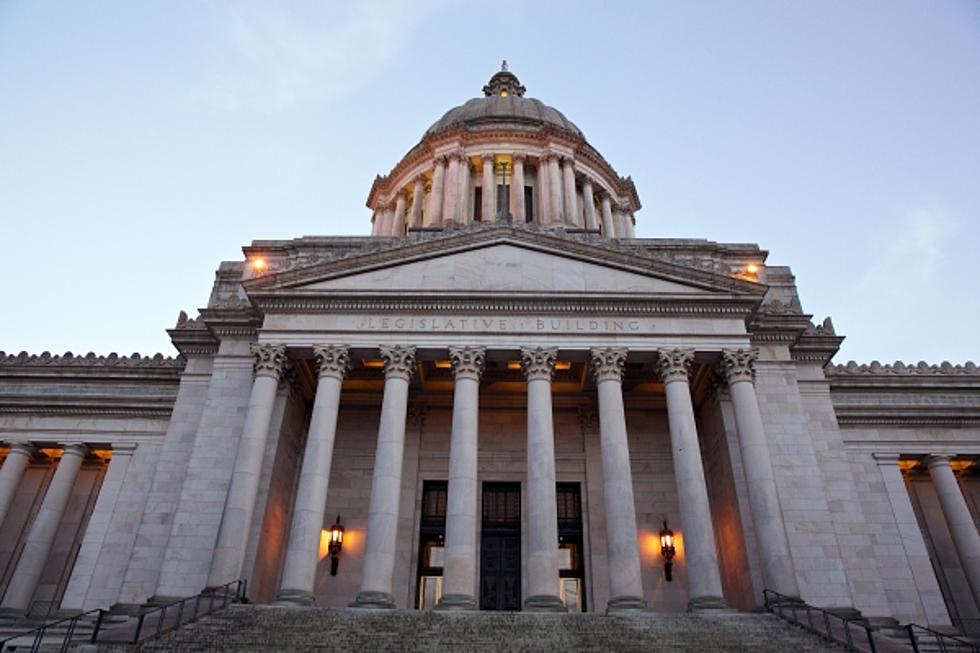
New Pot Bill Moves Closer to Eliminiating Medical Dispensaries
A new bill signed Friday by Gov. Jay Inslee is designed to eliminate "squeezing" of state pot stores caused by sales from medical dispensaries, but critics say it's a big step towards forcing out medical marijuana.
According to state officials, numerous pot store owners say they are facing significant competition from unlicensed medical marijuana dispensaries. That means the outfits that sell medical marijuana are not operating under the same guidelines as the state-run pot stores. Medical marijuana dispensaries are still under rules and regulations, but not the same as pot stores.
At first glance this seems fair. But what this will do is eventually bring medical marijuana dispensaries under the exact same codes and regulations as state-run pot stores. Owners of these dispensaries - which has been legal for nearly two decades since medical marijuana was approved by voters - say this will put a serious financial strain on their operations. The taxes, fees etc for running a state marijuana store are significant, as is the cost of the pot itself to consumers.
The bill seeks to eliminate unregulated dispensary sales, now that the state system is in place. The bill will also create a "voluntary" database of registered medical marijuana patients. While it's voluntary, there is a big catch: those who register "voluntarily" will be given tax breaks and more access to pot than those who don't enroll.
State pot store owners claim they have been squeezed by medical pot dispensaries that they say have "prolifterated" throughout the state.
However, you may recall the ACLU and other supporters and writers of I-502, the pot legalization bill, swore up and down that the medical marijuana industry would not be negatively affected by legal state pot stores.
Critics again say this is the first BIG step towards regulation and eventual elimination of the medical pot dispensaries. They say the state eventually wants to use the state pot stores to distribute medical marijuana, but at much higher prices and taxes than what most legal pot patients can afford.
It certainly seems to be heading in that direction.
More From 870 AM KFLD









